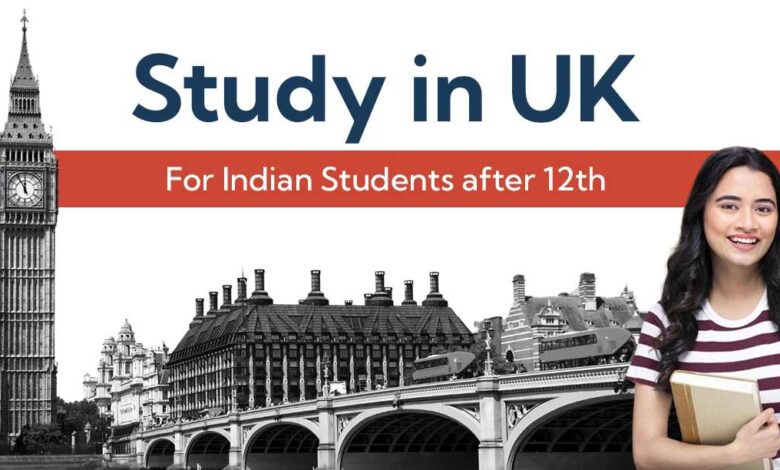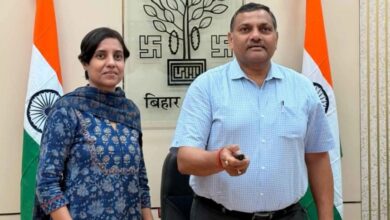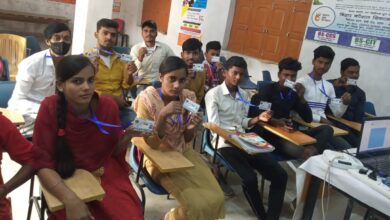The Ultimate UK Study Abroad Guide for Indian Students (2025 Edition)

Turn your dreams of studying in the UK into reality—with clarity, confidence, and the right strategy.
🎯 Step 1: Research & Choose the Right University & Course
A. Course Selection: Build a Future, Not Just a Degree
- Undergraduate:
- Dive beyond course titles—compare modules in detail. For example, University of Edinburgh’s Computer Science BSc includes Neural Computation and Machine Learning, ideal for AI careers. Manchester, meanwhile, focuses on real-time systems—great for software engineering roles.
- Prioritize accredited programs. For engineering, an IET-accredited degree opens direct pathways to chartered status in the UK and India.
- Postgraduate:
- Target programs with industry exposure. LSE’s MSc Finance, for instance, offers Bloomberg certifications, bridging classroom theory with real-world financial tools.
- Explore project or dissertation formats. A course with a strong research component or internship placement (like University of Bath’s MSc in Data Science) can supercharge your CV.
🔍 Why it matters: Indian employers increasingly value international exposure + specialization. Choosing the right program can future-proof your career.
B. University Shortlisting: Think Beyond QS Rankings
- Location Matters:
- London offers unmatched networking and internships—but at a premium. A student at Queen Mary spends ~£1,200/month, while a peer in Sheffield pays under £700.
- Prefer affordable living? Scotland and Northern England offer lower costs with equally strong academics.
- Job Outcomes:
- Use the UK’s Graduate Outcomes Survey. Did you know University of Bath has a 94% post-study employment rate—beating some Russell Group schools?
💡 Pro Tip: Use Eduvisor’s AI-powered University Match Tool—it recommends universities based on your marks, career aspirations, and budget in seconds.
📄 Step 2: Entry Requirements—Crack the Code
A. Academic Eligibility: Know Where You Stand
- 12th Marks (UG Applicants):
- CBSE/ISC: Most universities accept 75%+, but elite ones like Warwick or LSE may want 90%.
- State Boards: Aim for 85%+—especially if you’re targeting research-intensive unis.
- Bachelor’s Degree (PG Applicants):
- 3-year Indian bachelor’s degrees are generally accepted. Exceptions exist—Cambridge, for example, prefers a 4-year integrated or additional master’s degree.
B. English Proficiency: Save Time & Money
- IELTS Waivers:
- Scored 70%+ in English in your 12th CBSE/ISC? You could skip IELTS at places like Sheffield, Bristol, or Exeter.
- Alternatives:
- Duolingo English Test: Affordable, convenient, and accepted by 50+ UK universities.
C. Statement of Purpose (SOP): Make It Memorable
- Stand Out Formula:
- Personal Hook: “Growing up in Delhi’s tech corridor sparked my curiosity about data privacy.”
- Academic & Career Alignment: Show how your chosen course bridges today’s skills and tomorrow’s impact.
- University Fit: Name professors, labs, or alumni whose work you admire.
✍️ Avoid: “I’m passionate about learning.”
✅ Use: “I want to use UCL’s AI Lab research to build accessible healthcare solutions for rural India.”
🧠 Pro Tip: Eduvisor’s SOP Clinic offers expert-reviewed edits, tailored to UK university expectations.
📝 Step 3: Applications—Start Early, Win Big
A. UCAS for Undergrads: Strategy is Key
- 5 Choices, 1 Shot:
- Your personal statement must appeal to all 5 universities. Stick to academics, then weave in personal context.
- Avoid naming specific universities unless absolutely necessary.
- Timeline:
- Apply by January 31 for equal consideration. Some competitive courses (like Medicine, Oxbridge) close earlier—October 15.
B. Postgrad Applications: Stay Ahead of the Crowd
- Rolling Admissions:
- Most UK master’s programs are first-come, first-served. Early birds get better scholarships and housing.
- Interviews:
- Top B-schools (Oxford Saïd, Cambridge Judge) will interview. Prepare to discuss leadership, career goals, and current affairs (e.g., “What’s India’s role in global fintech?”).
🔍 Pro Tip: Book a mock interview session with Eduvisor mentors who’ve cracked Oxbridge.
💸 Step 4: Scholarships & Loans—Don’t Leave Money on the Table
A. Scholarships You Might Miss
- Scotland’s Saltire Scheme: £8,000 for students in energy, tech, and creative sectors.
- Commonwealth Split-Site Scholarships: Great for PhD aspirants—study part in India, part in the UK.
- Inlaks & JN Tata Endowment: Prestigious, highly competitive—apply early and prep your essays well.
B. Loans: Plan Smartly
- Collateral Loans:
- SBI Global Ed-Vantage: Low interest, longer repayment (good for MBBS, MBA, MSc STEM).
- Non-Collateral Options:
- NBFCs like Avanse and Leap Finance fund up to ₹50L with faster disbursal.
💰 Eduvisor Tip: Use our Loan Comparison Dashboard to find the cheapest rate across 10+ lenders.
🛂 Step 5: UK Student Visa—Apply Like a Pro
A. Financial Proof: Zero Errors Allowed
- You Must Show:
- 1 year’s tuition + 9 months of living expenses (£1,334/month in London, £1,023 outside).
- Keep funds in your (or your sponsor’s) account for 28 days—a single-day gap = rejection.
- Print statements on bank letterhead with stamp/signature.
B. Interview Prep
- Expect these questions:
- “Why the UK?”
- “What will you do after graduation?”
- “How will you fund your studies?”
💡 Eduvisor’s Visa Toolkit includes mock interviews, fund checklists, and statement templates.
✈️ Step 6: Pre-Departure—Don’t Miss These Essentials
A. Book Housing Early
- En-suite student halls sell out fast. Secure yours by July for September intake.
- Going private? Sites like Rightmove, SpareRoom, or Unite Students are reliable.
B. Pack Smart
- Indian groceries and pressure cookers? Bring them—they’re expensive in the UK.
- Carry: Power adapters, academic transcripts, printed visa, passport photocopies.
🧳 Bonus Download: Eduvisor’s “UK Packing List for Indian Students” (free PDF checklist)
🧑🎓 Step 7: Settling In—Adapt, Thrive, Belong
A. Academic Life
- Plagiarism = serious offence. Use Turnitin before submission.
- Attend “office hours”—these informal professor chats can help with coursework or references.
B. Jobs & Money
- Allowed 20 hours/week on student visa.
- Common Jobs:
- Supermarket assistant (£10–12/hr)
- Library or campus IT support
- Content creator or Uni ambassador (£15+/hr)
C. Cultural Integration
- Join Indian societies—they organize Bollywood nights, cricket tournaments, and festive celebrations.
- Explore: Use a 16–25 Railcard to save 1/3rd on all train travel.
❓ FAQs—Your Burning Questions Answered
1. How much will I spend monthly in the UK?
| Expense | London | Outside London |
|---|---|---|
| Rent | £800–£1,200 | £400–£700 |
| Food | £200–£300 | £150–£250 |
| Travel | £100–£150 | £50–£80 |
| Other Expenses | £100–£200 | £80–£150 |
🎯 Monthly average: £1,200–£1,600 in London; £800–£1,100 elsewhere.
2. Can I switch universities after arriving in the UK?
Yes—but only after informing UKVI and updating your CAS. If switching course level (UG to PG), you’ll need a new visa.
3. What if my visa is rejected?
Don’t panic. You can reapply in 28 days. Most rejections happen due to fund documentation errors. Eduvisor’s Visa Appeal Support service has a 92% success rate.
✅ Final Thoughts: Your Future Awaits
Studying in the UK isn’t just about crossing borders—it’s about transforming your potential into global impact. With the right planning, tools, and expert help, your dream university isn’t just possible—it’s within reach.
🎓 Let Eduvisor guide your journey—every step, every deadline, every decision.
Next Steps
🔹 Share this guide with friends considering the UK!
🔹 Drop your questions in the comments—our experts reply within 24 hours.
🔹 Follow us for daily scholarship alerts, visa news, and admissions tips.
🚀 Book your free UK study consultation now. One call could change your future.




